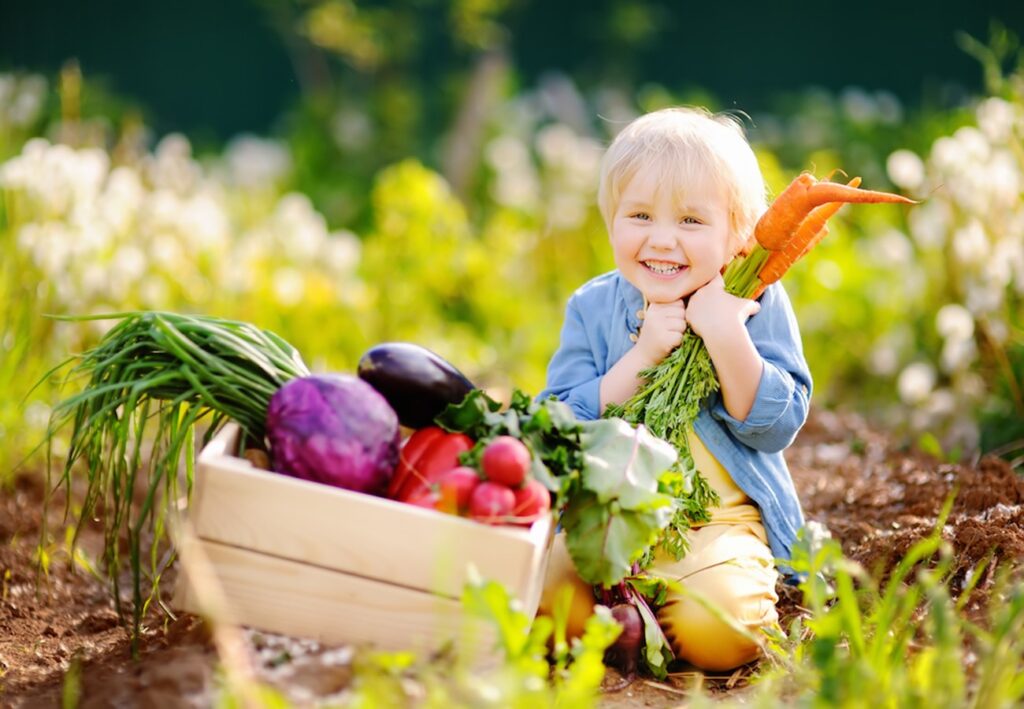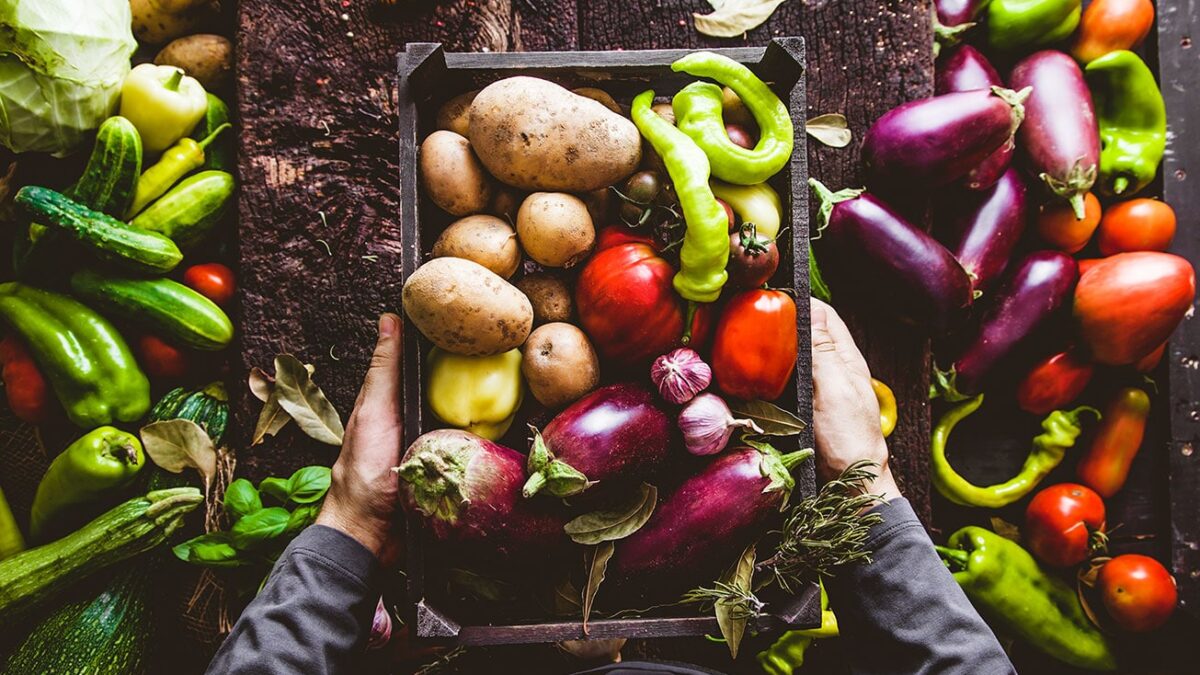Fresh vegetables are a great way to add nutrients and flavor to your diet. But if you don’t store them properly, they can quickly go bad. Here are some tips on how to keep your vegetables fresh for longer:
1. Choose the right vegetables.
Not all vegetables are created equal when it comes to storage. Some vegetables, like leafy greens and root vegetables, will last longer in the fridge than others, like tomatoes and cucumbers. When you’re shopping for vegetables, keep an eye out for ones that are in peak condition. Avoid vegetables that are bruised, wilted, or have soft spots.
2. Wash and dry your vegetables.
Before you store your vegetables, it’s important to wash them thoroughly. This will remove any dirt or bacteria that could shorten their lifespan. Be sure to dry your vegetables completely before storing them, as moisture can promote spoilage.
3. Store vegetables in the right place.
Not all vegetables should be stored in the fridge. Some vegetables, like tomatoes and cucumbers, will actually last longer if they’re stored at room temperature. The best place to store vegetables will depend on the type of vegetable. Here are some general guidelines:
- Leafy greens: Store in the crisper drawer of your fridge.
- Root vegetables: Store in a cool, dark place, such as a pantry or cupboard.
- Tomatoes: Store at room temperature, away from sunlight.
- Cucumbers: Store at room temperature, away from other fruits and vegetables.
- Onions: Store in a cool, dark place, such as a pantry or cupboard.
- Garlic: Store in a cool, dark place, such as a pantry or cupboard.
4. Use airtight containers or bags.
When storing vegetables in the fridge, it’s important to use airtight containers or bags. This will help to prevent moisture loss and the growth of bacteria. You can use plastic bags, glass containers, or even reusable silicone pouches.
5. Check your vegetables regularly.
It’s important to check your vegetables regularly to make sure they’re still fresh. If you see any signs of spoilage, such as mold or discoloration, it’s best to discard them.
6. Freeze vegetables.
If you’re not going to be able to use your vegetables right away, you can freeze them. This is a great way to extend their shelf life. Be sure to blanch your vegetables before freezing them to help preserve their color and flavor.
By following these tips, you can keep your vegetables fresh for longer and enjoy them at their best.
Here are some additional tips for keeping your vegetables fresh:

- Separate vegetables that produce ethylene gas from those that are sensitive to it. Ethylene is a gas that is produced by some fruits and vegetables as they ripen. This gas can speed up the ripening of other fruits and vegetables, so it’s important to separate them. Vegetables that produce ethylene gas include apples, bananas, avocados, tomatoes, and onions. Vegetables that are sensitive to ethylene gas include leafy greens, broccoli, and cauliflower.
- Don’t wash your vegetables until you’re ready to use them. Washing your vegetables before storing them can actually shorten their lifespan. This is because the water can promote the growth of bacteria.
- Store your vegetables in the correct temperature. As mentioned earlier, not all vegetables should be stored in the fridge. Some vegetables, like tomatoes and cucumbers, will actually last longer if they’re stored at room temperature. The best place to store vegetables will depend on the type of vegetable.
- Rotate your stock. When you bring home new vegetables, be sure to rotate them so that the oldest ones are used first. This will help to ensure that you don’t waste any food.
- Be prepared to eat your vegetables. If you know that you’re not going to be able to use your vegetables right away, be prepared to eat them. This means having recipes planned or being willing to improvise.
By following these tips, you can keep your vegetables fresh for longer and enjoy them at their best.

